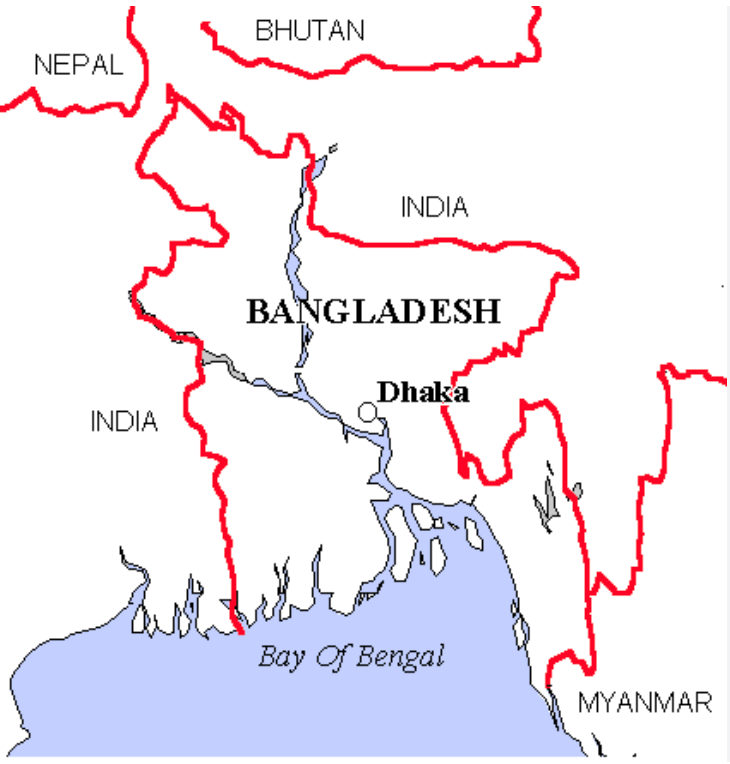This past week seems to have been a time to take stock, with the UN reporting that not enough progress has been made on any number of climate-crisis fronts, and a boatload of presidential foundations issuing a statement urging Americans to protect democracy and civility.
Both publications are at once urgent and removed. The UN warns the world of a "rapidly narrowing window" in which to act, which to anyone paying attention sounds like a hopeful take on Zeno's paradox: That window has been narrowing for an awfully long time, but apparently there is still a tiny space in which to turn things around. The presidents, worrying from their armchairs or, if dead, from their archives, say they are collectively committed to democracy and hoping we Americans are the same, which comes across as a plea for citizens to pay attention to blue ribbon committees the way we used to. Hope heaped on hope, distant from either direct criticism or any set of enforceable prescriptions; everyone is back from August retreats and wanting to be better, do better, at least in writing.
I'm taking stock, too. This past week marked the beginning of classes, and for the first time in 20 years I'm not in the classroom. I am on sabbatical. I have a feeling of urgency. I want to be thoughtful about these precious months, without being too precious myself about dutifully following a rigid path. There's a flash flood warning in DC right now, it's raining heavily, and the lights just flickered in my office, so the atmosphere is conducive to thinking about weather and humanity.
In Bangladesh, it's the middle of the night and a warm 83 degrees. Later today, Dhaka, the country's crowded capital city of more than ten million, will be under a severe weather alert, with excessive heat making it feel like 106. Dhaka has some of the worst air pollution in the world, and after the monsoon season ends in November that pollution will get even worse. Bangladesh is a low, wet, densely populated place brought into political being by the consequences of a terrible storm in 1970 that killed half a million people overnight. East Pakistan, as it was then following the Partition, didn't get enough help or attention from West Pakistan, as it was then, and the War of Liberation followed just a few months later: East Pakistan became Bangladesh.
The US has a rich and varied relationship with Bangladesh, let's just say. Older Americans may have heard of the Concert for Bangladesh in August of 1971, but may not know about the Blood Telegram or that Bangladesh exports mountains of ready-to-wear garments to the US.
There's an election coming up in December or January that prompted a remarkable article in The New York Times about current Prime Minister Sheikh Hasani's efforts to squelch opposition. China has said that "while turning a blind eye to its own racial discrimination, gun violence, drug proliferation and other domestic problems, a certain country has long been interfering in the internal affairs of Bangladesh and many other developing countries under the pretext of democracy and human rights," so the country is a locus of Great Power tension. The State Department says "Bangladesh is historically moderate, secular, peaceful, and stable, but as the country nears general elections in late 2023/early 2024, the political and security situation may become volatile."
It's next to and between places of enormous tension as well. Myanmar. Eastern India. The tumultuous Bay of Bengal. It's not India and it's not "Asia." It's South Asia, but also its own category. Much of Bangladesh is low, crossed by long rivers and meeting the bay with a frayed, melting coastline; it's essentially a great big delta with a national flag. Nearly a million Rohingya refugees, many clinging to sandbars. Nearly 170 million people, all living in an area about the size of Iowa.
It's also one of the most climate-vulnerable places in the world. Typhoons rip up the Bay of Bengal and wreak havoc; rains flood Dhaka; drought, water scarcity, tornadoes, poverty—they've got everything. At the same time, the nation has experienced extraordinary change: Bangladesh was one of the poorest countries in the world at its 1971 birth, but since 2015 the World Bank has considered it a lower-middle-income country.
On the climate-adaptation front, Bangladesh has been applauded for effective pre-storm warnings that have saved innumerable lives. Earlier this summer I heard that the country was preparing several of its cities for climate migrants from its coastline. That interested me. I began thinking of going there to interview people. Bangladesh is ahead of the US on the climate-havoc curve, and I have always learned a great deal from what happens in other countries.
On the other hand, it sounds as if it might be a good idea to wait until Bangladesh gets through this next election. Perhaps February—between that election and the pre-monsoon hot season (which is very hot indeed).
My goal for this trip would be to emerge with something written that was useful and not distant. I'd want to travel domestically to talk to Bangladeshi-Americans, of whom there are about 200,000 now. There may be a story here, putting all of these elements together, that might be compelling. I'll let you know. I’m taking stock.





